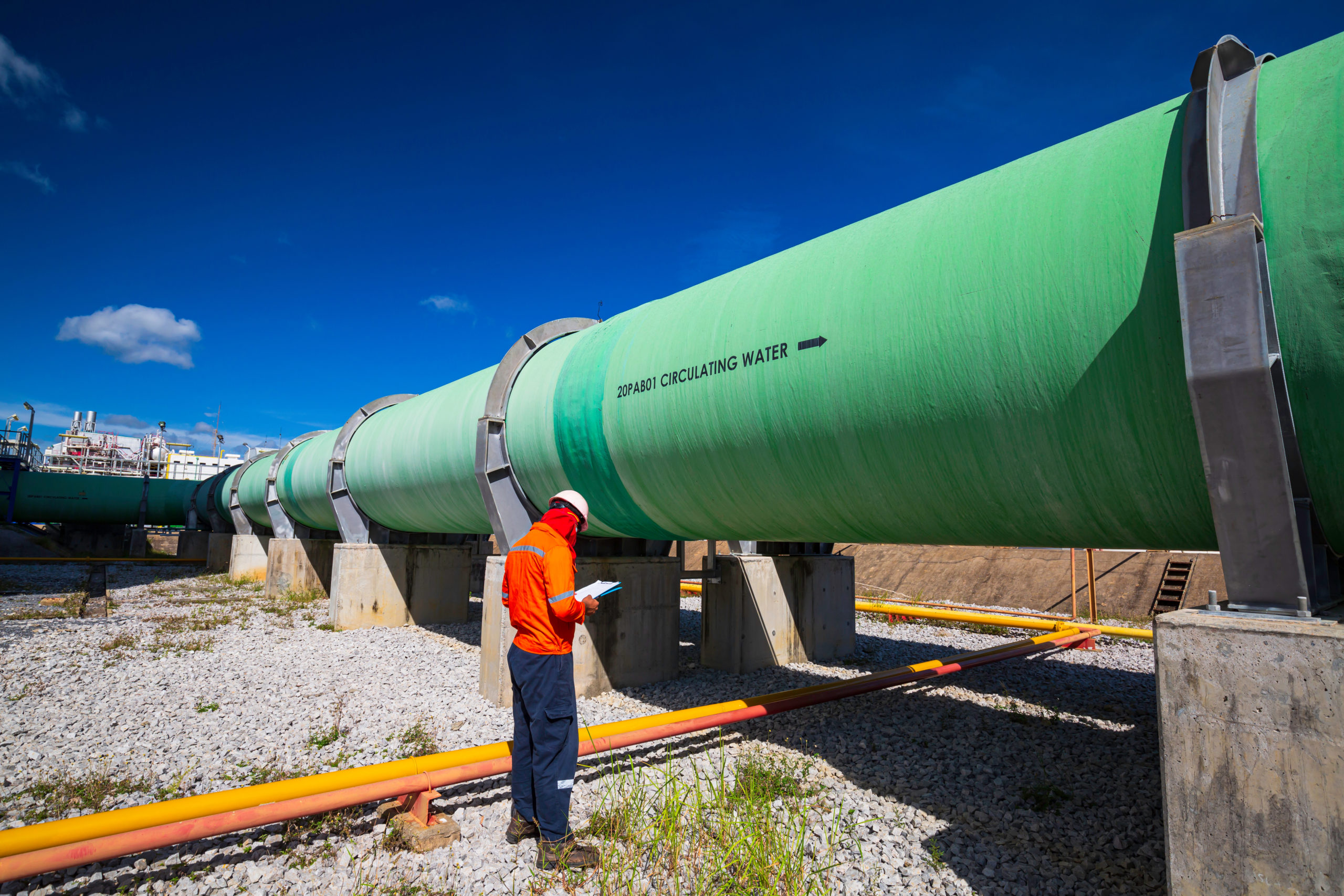November 14, 2013
The Honorable Mike Pompeo
107 Cannon House Office Building
Washington, DC 20515
Dear Congressman Pompeo,
On behalf of the membership of the Interstate Natural Gas Association of America (INGAA), I am writing to express our support for H.R. 1900, the “Natural Gas Pipeline Permitting Reform Act.” INGAA’s 25 members represent virtually all of the major interstate natural gas transmission pipelines in North America and operate about 200,000 miles of U.S. transmission pipe.
The process for reviewing and approving new natural gas pipelines at the Federal Energy Regulatory Commission (FERC) generally works well. FERC approval is only one part of an overall process, however. In order to proceed with constructing a new natural gas pipeline, an operator must obtain permits from a myriad of federal and state agencies.
The Energy Policy Act of 2005 attempted to coordinate the permitting of new natural gas pipelines by designating FERC as the lead agency under the National Environmental Policy Act (NEPA) and granting FERC the authority to set deadlines for permitting agencies to act on pipeline applications. EPAct 2005, however, did not confer upon FERC authority to enforce such deadlines. As a result, permitting agencies routinely ignore them.
Your legislation seeks to rectify the situation by creating clear deadlines for both FERC and the various permitting agencies involved in approving an interstate natural gas pipeline project. Importantly, the count down towards the deadline for permitting agencies will not start until after completion of the NEPA (environmental) review. By that point, a pipeline project developer will have been in consultation with both FERC and the permitting agencies for 12 to 18 months, and sometimes longer. Consequently, it is entirely reasonable to expect a permitting agency to be able to make a final decision within 90 days of the NEPA process completion.
As the nation expands its supplies of domestically produced natural gas to unprecedented levels, the need for new pipeline capacity to transport that natural gas is growing as well. It is critical that pipeline expansion keep pace with demand in such regions such as New England. A clear, timely review of permits associated with proposed pipeline projects is critical to meeting these goals. INGAA appreciates your efforts to bring greater clarity to the process, and we urge the House of Representatives to pass H.R. 1900.
Respectfully,
Donald F. Santa





